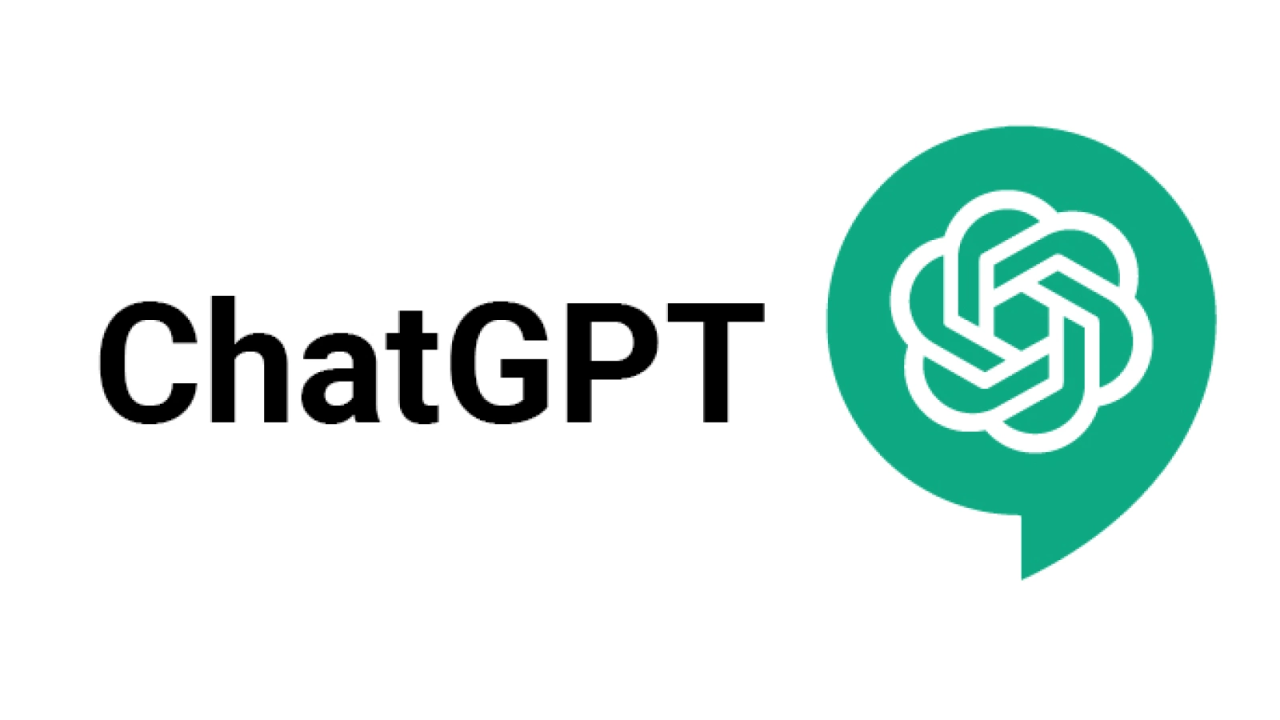OpenAI plans to reduce the share of revenue it gives Microsoft as part of its long-term partnership, according to a report by The Information.
The AI firm has told investors it expects to share just 10 per cent of its revenue with Microsoft and other commercial partners by 2030, instead of the 20 per cent originally agreed under its current deal.
The change comes as OpenAI scales back a broader restructuring effort. The company’s nonprofit parent will now retain control, a move likely to limit CEO Sam Altman’s influence. Despite ongoing collaboration, this shift signals a recalibration of financial and governance dynamics between the two companies.
Microsoft, which recently altered parts of its agreement with OpenAI while pursuing major AI data centre projects, has not commented on the latest report. OpenAI, meanwhile, said it remains committed to working closely with Microsoft and expects to finalise the details of its recapitalisation soon.
Would you like to learn more about AI, tech and digital diplomacy? If so, ask our Diplo chatbot!








